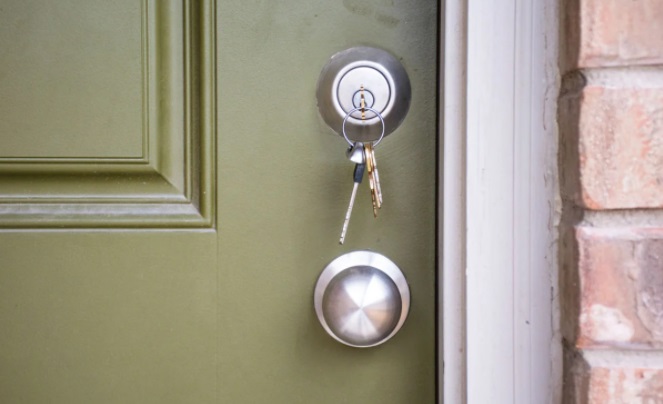3 Mistakes First-Time Buyers Make (and How to Avoid Them)

There are a few mistakes that many first-time home buyers make. Here are three of the most common mistakes and how you can avoid them when purchasing your first home.
Mistake #1: Assuming your credit is good.
The information in your credit report determines whether you can get a loan — and how much interest you will have to pay – so it pays to be certain your credit reports are accurate.
Check your credit reports for free from all three credit reporting companies — Equifax, Experian, and TransUnion — to make sure everything is correct. If you find errors, contact both the credit reporting company and the information provider (the person, company or organization that provided information about you to a credit reporting company) involved in the errors and ask them to fix the credit report errors.
Mistake #2: Getting pre-qualified, not pre-approved, for a loan.
It’s far better to be pre-approved for a loan than to be pre-qualified. Here’s why…
With pre-qualification, your lender does a preliminary evaluation of your ability to pay for a home and gives an estimate of the mortgage amount they’ll give you. The lender does not verify the information you provide.
Mistake #3: Allowing emotions to influence your decisions.
Buying a home is an investment. It needs to be treated as any other investment. You don’t buy stocks because they are pretty and you shouldn’t pick your home that way either. Make sure the home you buy fits your needs and allows you room to grow over the next few years. As with any sound investment, time is the key to a good return.
If you are a first-time home buyer, we would be happy to help you find (and get the best price for) your first home.
Courtesy of New Castle County DE Realtor Tucker Robbins.







.jpg)






